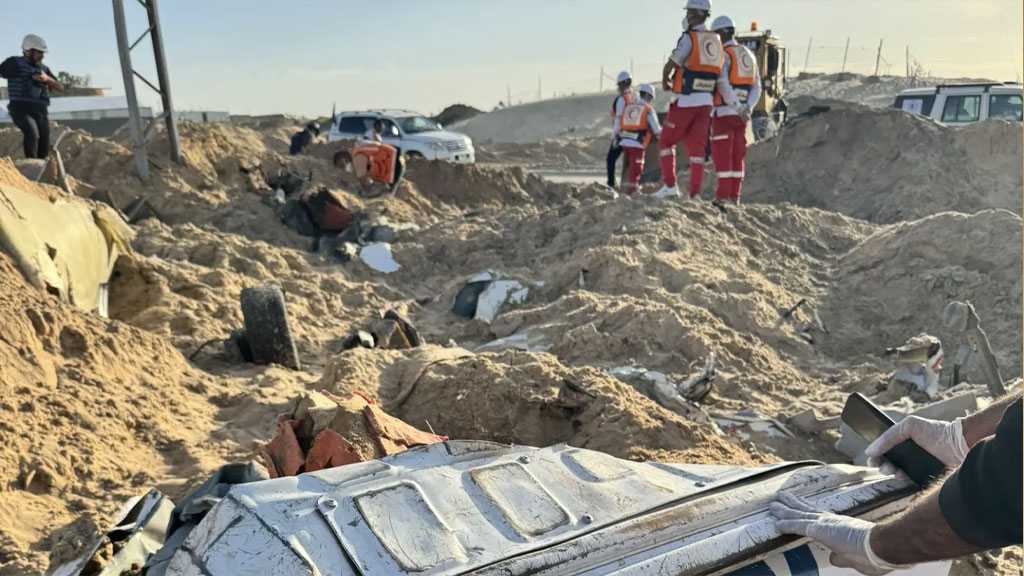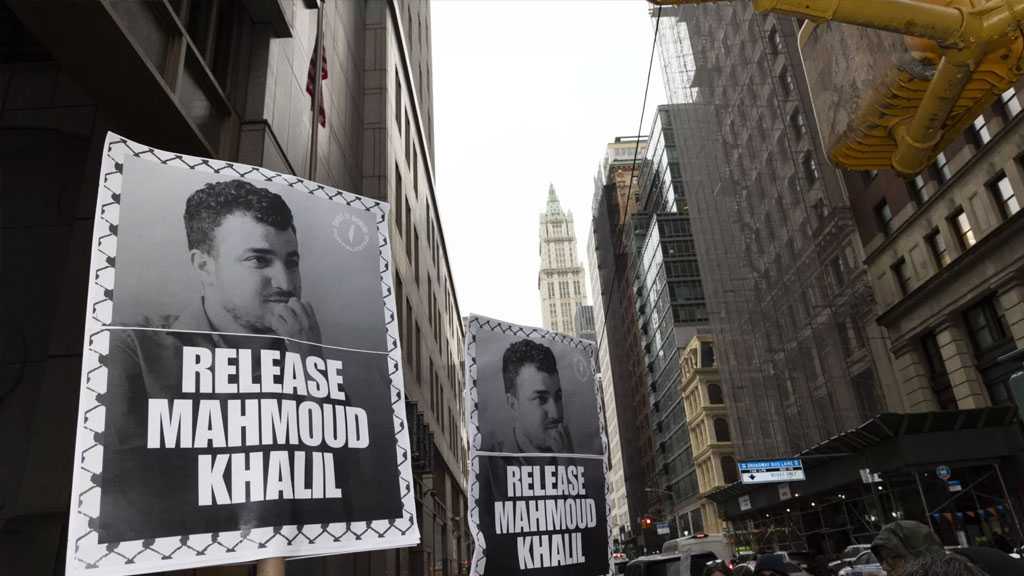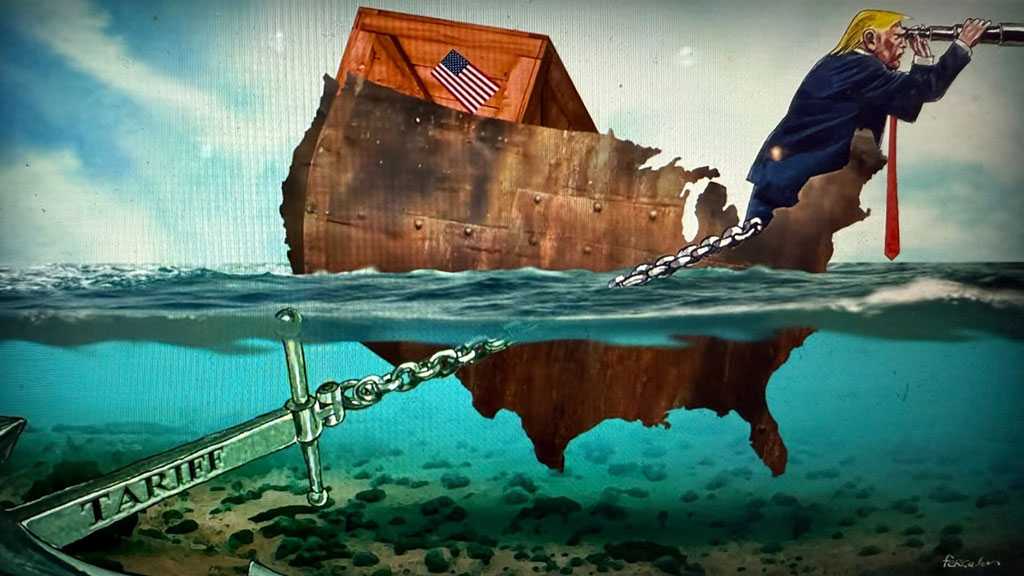Hizbullah: The International Community’s Sole Concern
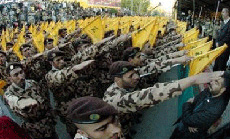
By: Hiyam al-Qusayfi
Al-Akhbar
With an array of crises sweeping the Middle East, the "global community" is no longer taking much interest in Lebanon. Only Hizbullah continues to draw international attention, due to its expanding role in the region.
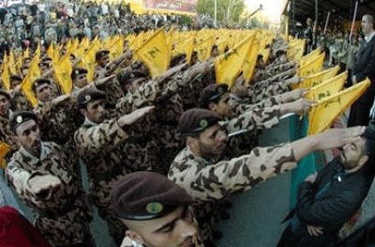
The Lebanese presidency, parliamentary consensus, or the work mechanism of the Council of Ministers are no longer international concerns. Only nearby arenas evoke Lebanon: security threats associated with the Syrian refugee crisis or military movements on the border.
While Western stakeholders have become weary of procrastinating Lebanese officials, their interest in Hizbullah has grown with the party's regional clout. According to an inside source, much talk in Western diplomatic circles is about Hizbullah's role and involvement in the conflict in Syria; its potential ability to make an effective contribution in Iraq; its relationship with Israel, Bahrain, and even Bulgaria. Much of this chatter has been devoted to Hezbollah's role in ongoing conflicts and wars - particularly in Iraq and Syria. This has intensified with the battles in southern Syria, where Hizbullah will certainly play a role in any potential future settlements.
Like it or not, Hizbullah is a feature of the Middle East's new political landscape. It is an important ally in one of the two axes of power taking shape in the region: the Iranian axis, with implicit Russian support and a strategy extending to Iraq, Syria, and Lebanon; in opposition to the Saudi-Gulf-Jordanian-Turkish axis, now trying to forge a pragmatic alliance after the Saudi tripartite system took power in Riyadh in the wake of King Abdullah's death.
In the past few weeks, the latter regional axis - particularly Saudi Arabia and Turkey - has been working to reintroduce the Muslim Brotherhood throughout the Middle East, all the way to Tunisia - and to support its reemergence in the face of fundamentalist groups and the Iranian axis, which is expected to extend to strategic points including Iraq, Syria, and Lebanon.
Like it or not, Hizbullah is a feature of the Middle East's new political landscape.
Ahead of a prospective US-Iranian agreement, Saudi Arabia has reconsidered its recent policies, which have resulted in changes to the regional map. That meant learning from previous mistakes in Egypt, Syria, and Tunisia, and so formulating a new strategy. Restoring the Muslim Brotherhood as a regional power is a pivotal component of this policy, and should help govern the relations between the countries of the region - between Turkey and Qatar on one hand, and Saudi Arabia and Egypt on the other. This mutual concern has been expressed by politicians and the media in the two latter countries. The Egyptians are worried about a potential revival of the Muslim Brotherhood with Saudi support, which represents a turnaround from late Saudi King Abdullah bin Abdul Aziz's policy toward post-Muslim Brotherhood Egypt.
The new axis has shown itself particularly in Yemen, and in Aden's transformation into a "capital" for the groups backed by Riyadh, versus Sanaa as a capital for the Huthis. That said, it is too early to predict how the new axis will take shape, especially as it is now seeking to establish a clear identity and regional policy, ahead of a potential US-Iranian agreement, as well as the global fight against the [ISIL]. However, the main challenge to this axis remains the growing presence of Iran, to whom Washington seems to have "delegated" the task of confronting "ISIL", in conjunction with the aerial campaign launched weeks ago against the group in Syria and Iraq.
The ground operation - promoted from Tikrit by the Iranian-friendly media, through the display of pictures of General Qassem Suleimani, commander of the Quds Force of the Iranian Revolutionary Guards, in an attempt to assert its strong presence against ISIS in the Iraqi province of Salahuddin before launching a similar battle in Anbar province - has begun.
Amidst the battle in southern Syria - where Iran is fighting openly alongside Hizbullah, and without any international objection, to drive away "ISIL" and al-Nusra Front - a new regional scene is taking shape, in which Washington sees a balance between two powers in the Middle East: one Sunni and another Shia.
Lebanon's only presence on that map is due to Hizbullah and its intersecting role between two axes: the first axis seeing the party as a dangerous threat equivalent to "ISIL", while the second axis relies on it to formulate a strategic line extending from Iraq to the Mediterranean.
With the US-Iranian agreement approaching - and despite "Israeli" Prime Minister Benjamin Netanyahu's high-pitched tone at the US Congress on Tuesday - the level of disagreement between the two axes and its regional ramifications has yet to be seen. At least, both parties have so far kept Lebanon out of the conflict.

